
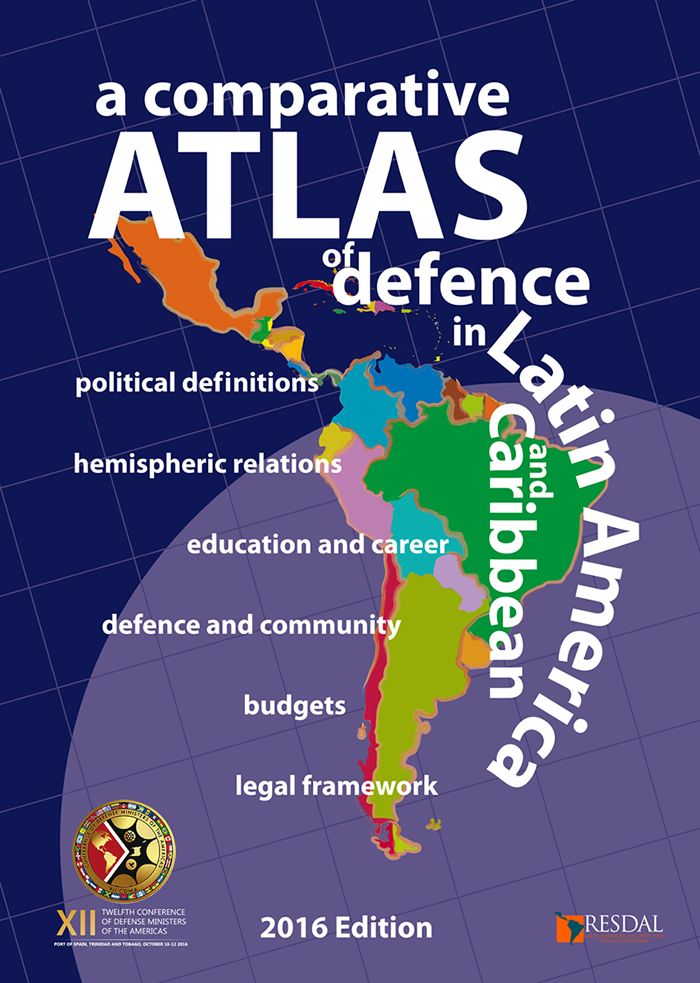
The Comparative Atlas of Defence is the first regional source of information on regional defence issues. It offers practical information provided by official institutions related to the subject, presented both in a comparative and country-specific manner according to the data. In addition, the Atlas contains analytical papers written by members of the Network to assist in the interpretation of the data presented. It is a project that the Network first began in 2004 and has since been published biennially. Its fourth edition - 2010 - expands its impact through the incorporation of information on Cuba and the Anglophone Caribbean, and the 2012 edition fully incorporated these countries into the entirety of the publication.
learn more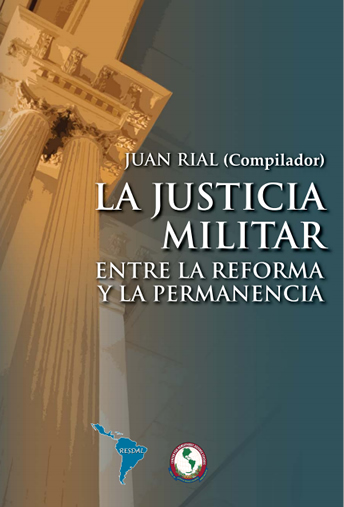
Military justice
The current legislation that frames the military justice system in Latin America contains the normative regulations of the armed forces.
Access to this information is one of the challenges to civilian control and military autonomy given that the internal rules, implications and characteristics of the military justice system are literally unknown to civilians in several countries, mainly due to the lack of respectful access to information.
RESDAL has assumed the task of collecting, systematizing and organizing information on the subject. As a result, the first material was produced, presented in the publication “Military Justice: Between Reform and Permanence”, compiled by Juan Rial.
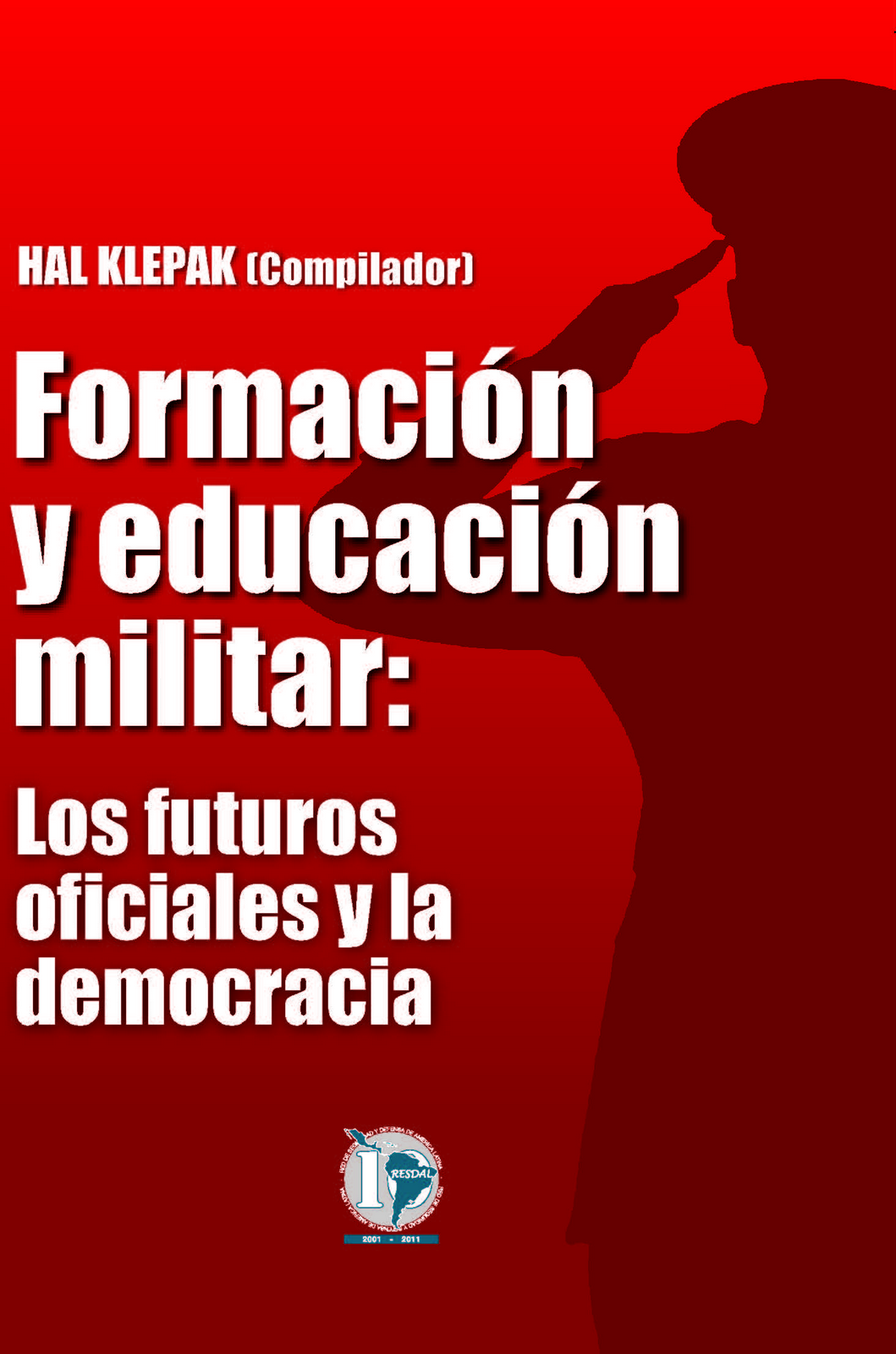
Military training and education
The current legislation that frames the military justice system in Latin America contains the normative regulations of the armed forces.
Access to this information is one of the challenges to civilian control and military autonomy given that the internal rules, implications and characteristics of the military justice system are literally unknown to civilians in several countries, mainly due to the lack of respectful access to information.
RESDAL has assumed the task of collecting, systematizing and organizing information on the subject. As a result, the first material was produced, presented in the publication “Military Justice: Between Reform and Permanence”, compiled by Juan Rial.
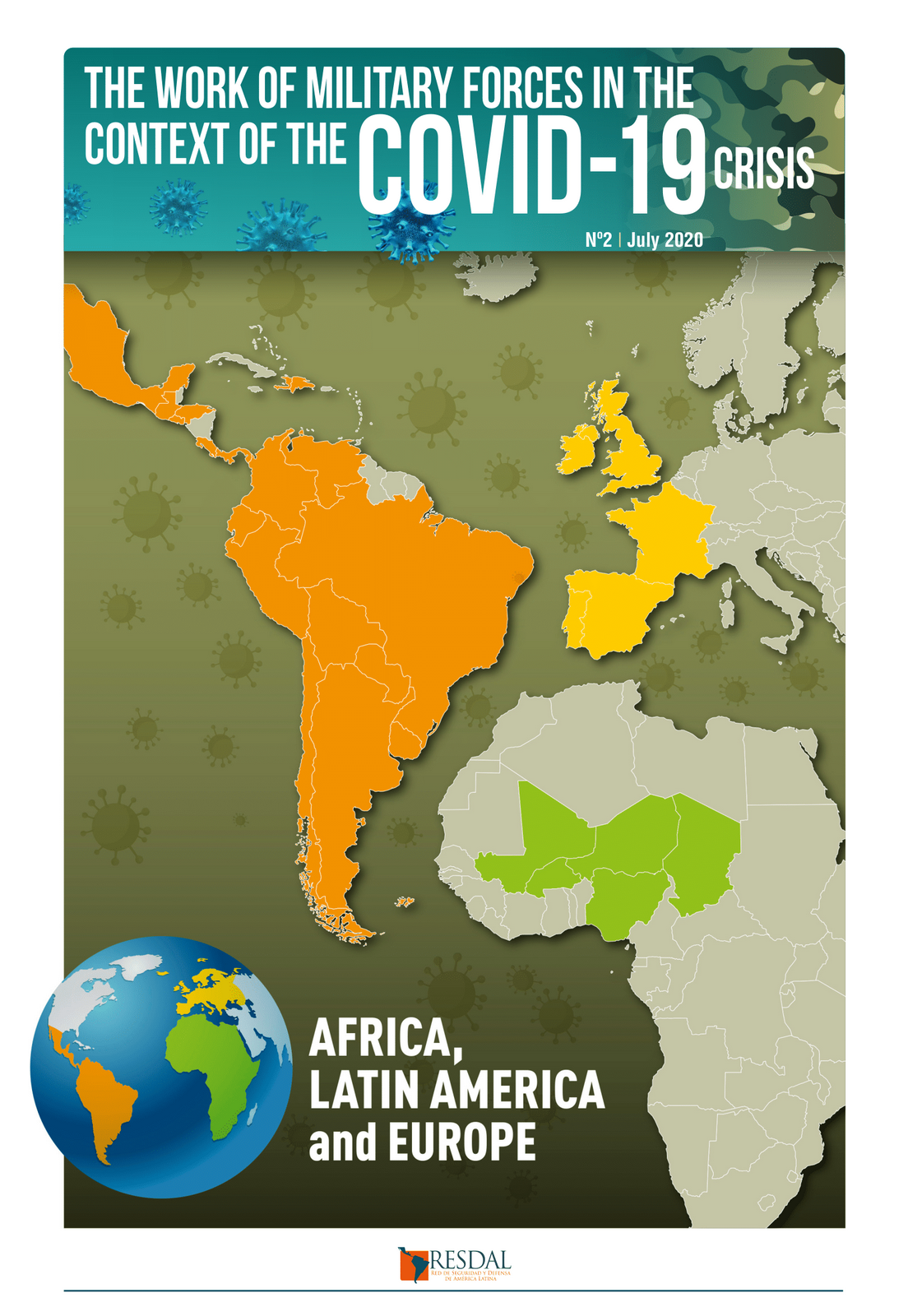
The work of military forces in the context of the covid-19 crisis
On March 11, 2020, the World Health Organization declared that the new coronavirus SARS-CoV-2 had become a pandemic. By then, the virus was already circulating worldwide and had become a global problem. It was precisely the intense connection between countries in a globalized world that caused so many people to be affected on all continents and in a short time.
It is in this context, and as was pointed out in the previous Bulletin, where the armed forces were called upon to play a role in the response to the crisis.
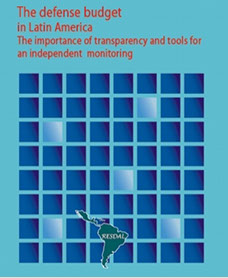
The defense budget in Latin America
Through joint work with specialists in budget work, RESDAL has undertaken this training program for civil society organizations, aimed at promoting citizen participation in the issue and providing elements to design an advocacy strategy according to the different national realities.
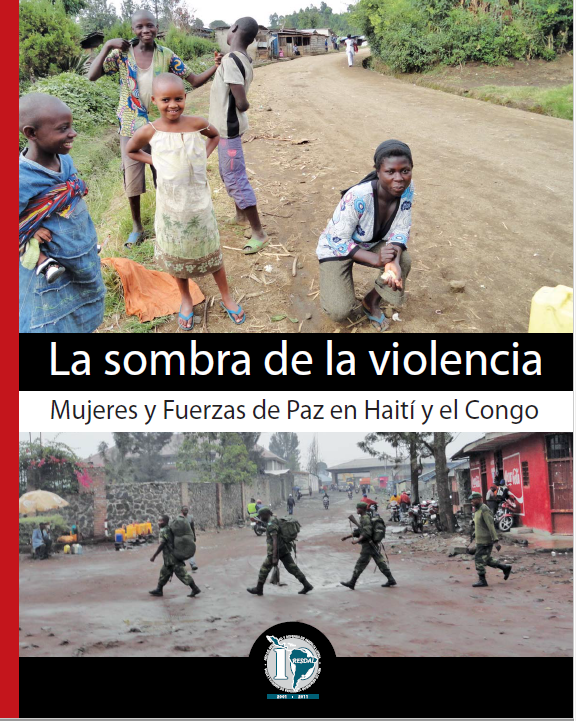
It is through the exchange of knowledge and experiences that new ideas emerge, a fundamental pillar in contributing to a real improvement in the lives of women, girls, men and boys.
learn more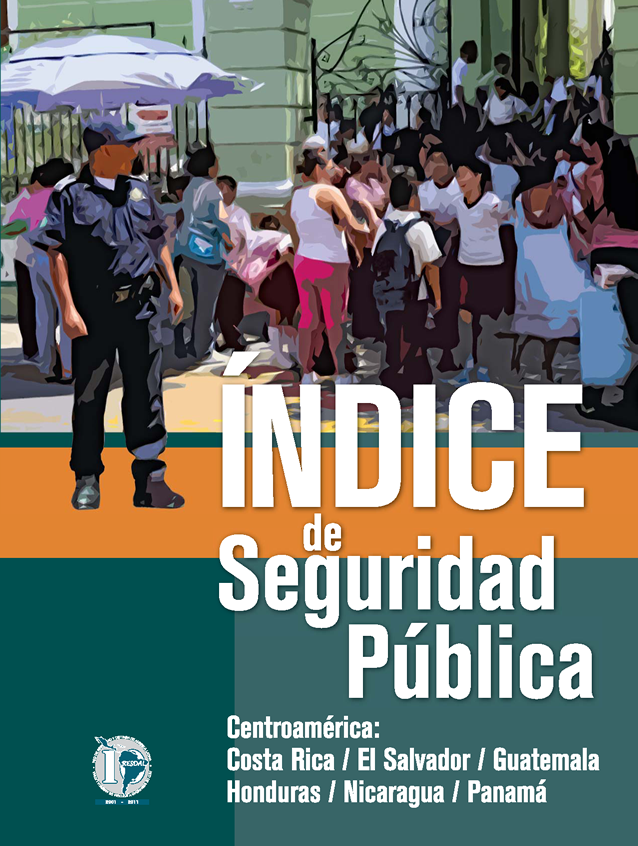
Public Safety Index
The Public Security Index covers the Central American isthmus, incorporating the cases of Costa Rica, El Salvador, Guatemala, Honduras, Panama and Nicaragua.
It provides up-to-date information in a comparative and country-specific format on the public security landscape in a region that has been noted for crime and violence.
It also presents a detailed mapping of the political guidelines, institutions, policies, and programs designed to combat the issue, in addition to covering thematic pillars such as the role of the armed forces, private security, and border security. and migration.
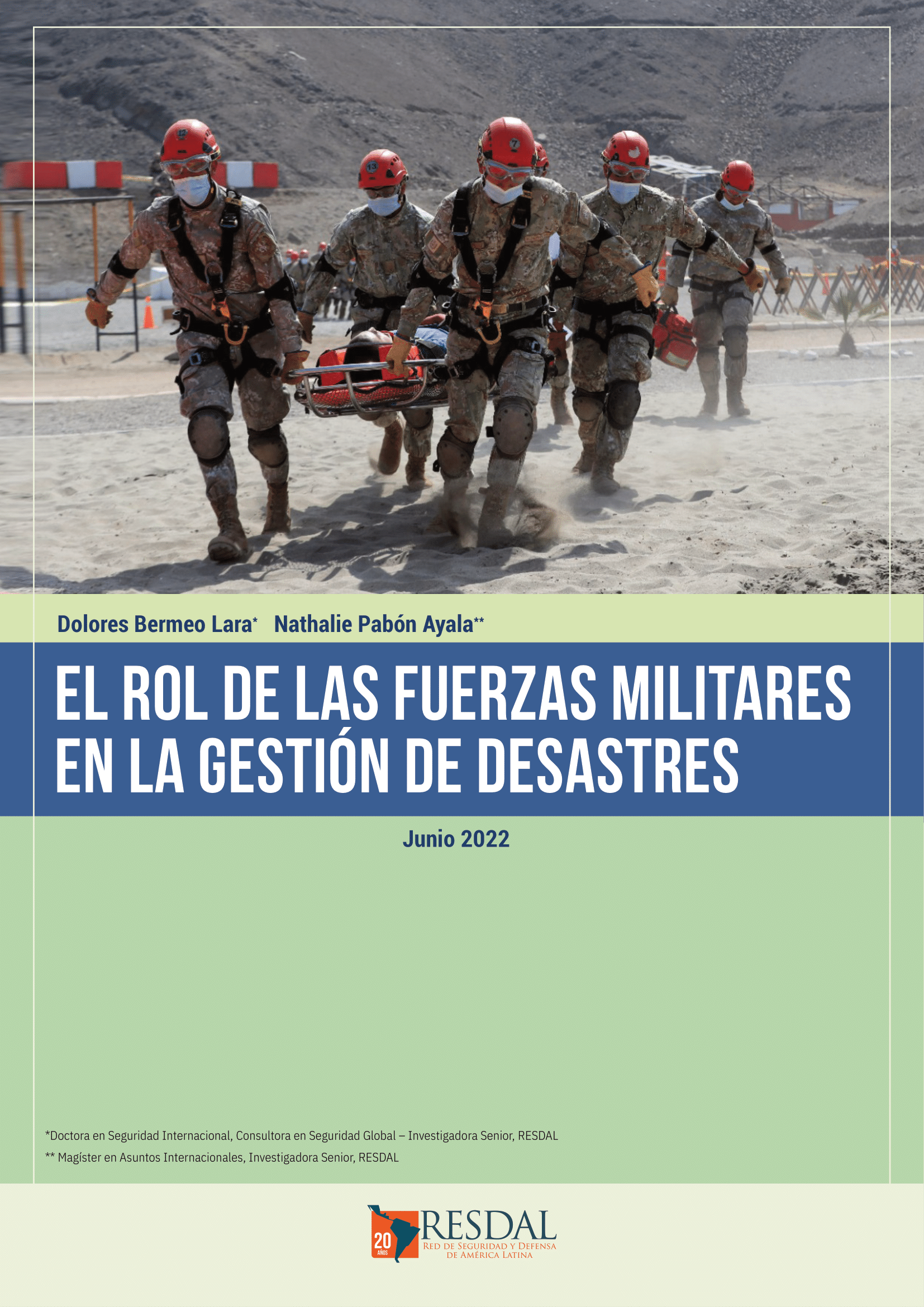
Las previsiones sobre la gravedad del cambio climático y los impactos negativos como la ocurrencia de desastres, condicionan la seguridad de las poblaciones. Este estudio, realizado por Dolores Bermeo Lara y Nathalie Pabón Ayala, se enfoca en el marco legal e institucional de la participación de fuerzas armadas en respuesta a desastres, en seis países de la región latinoamericana: Argentina, Colombia, Ecuador, Perú, Uruguay y México. Incluye también como aporte el caso de la Unidad Militar de Emergencias de España (UME).
learn more